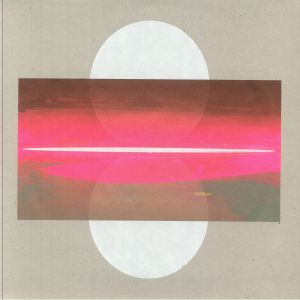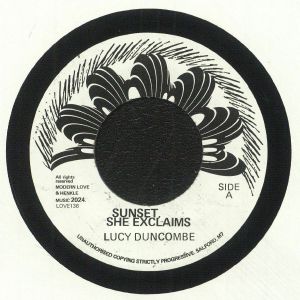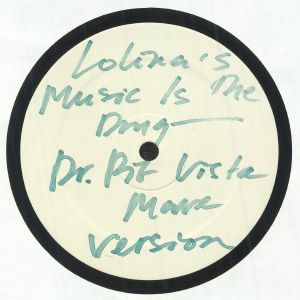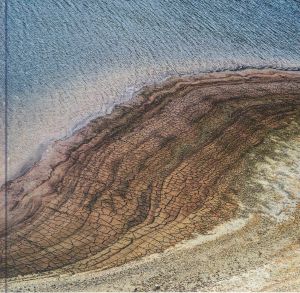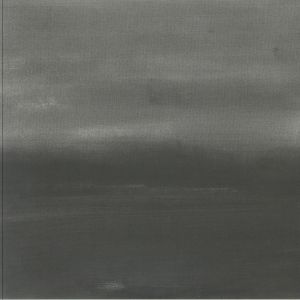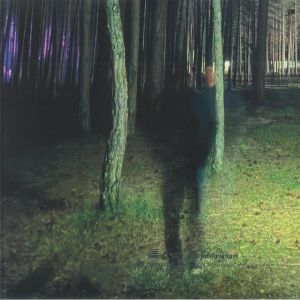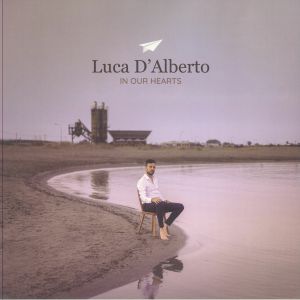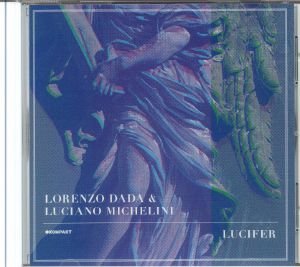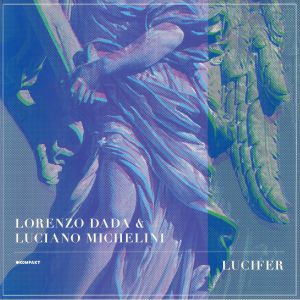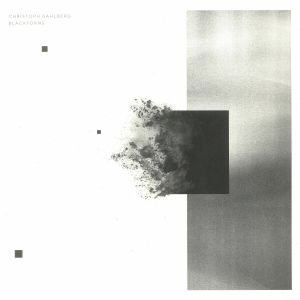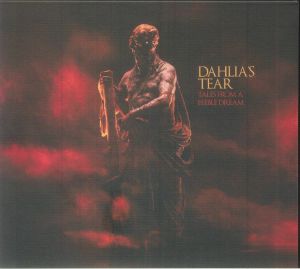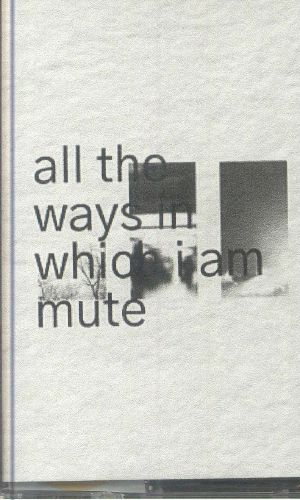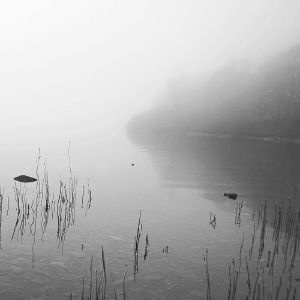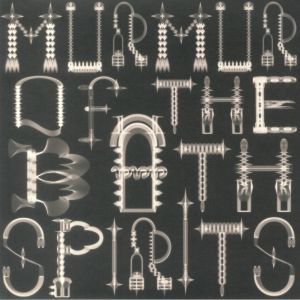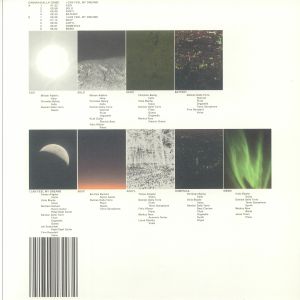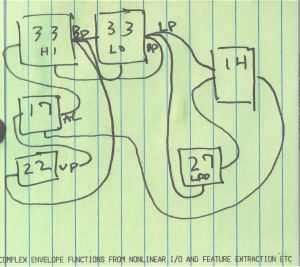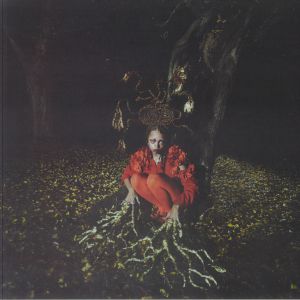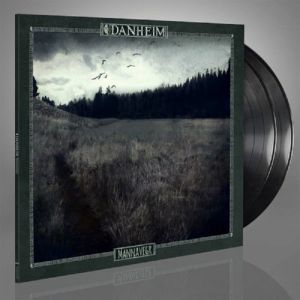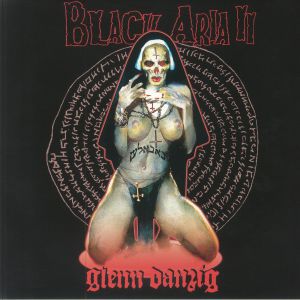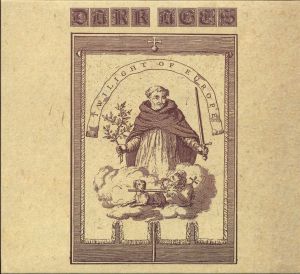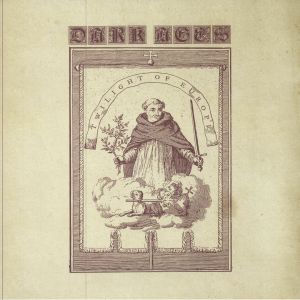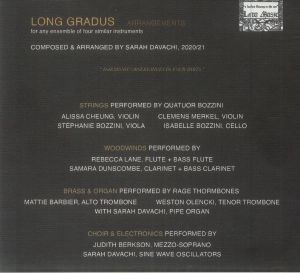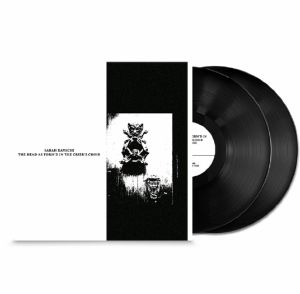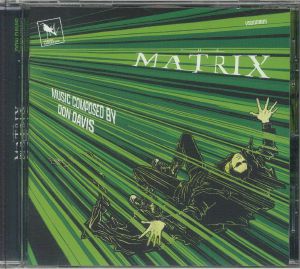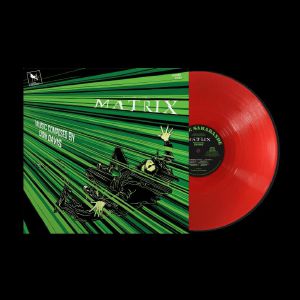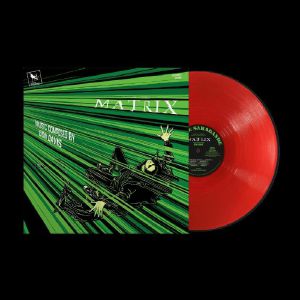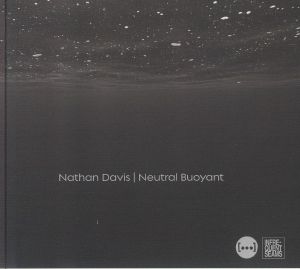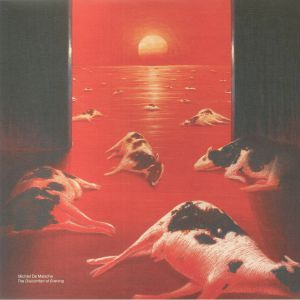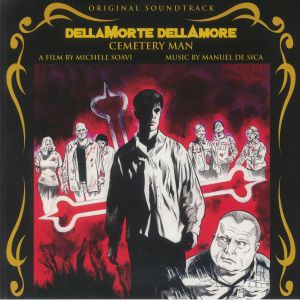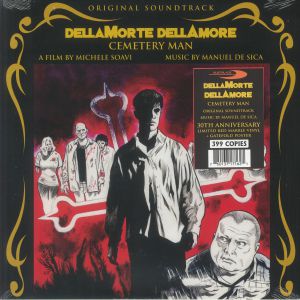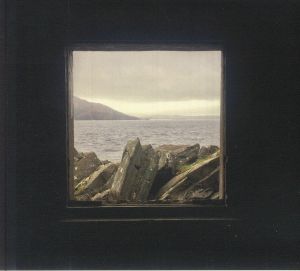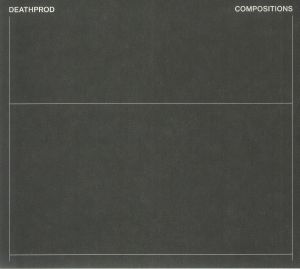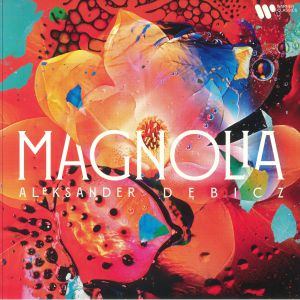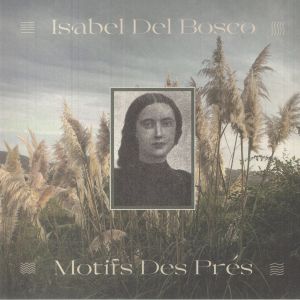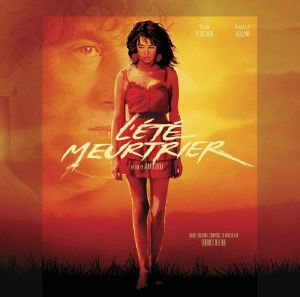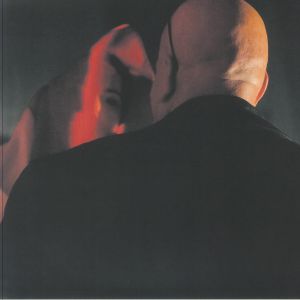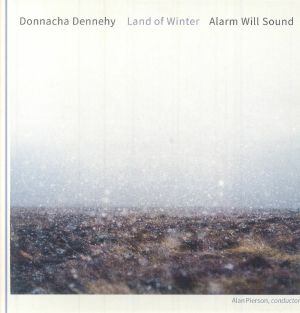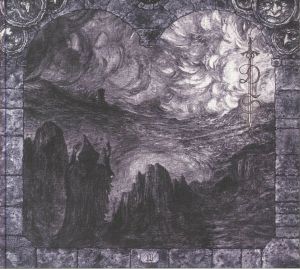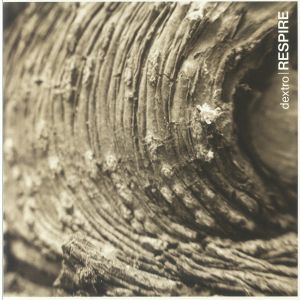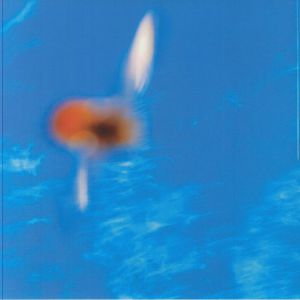Filter
Genre
Stock
Featured
Release Title
Price
Tags
Back catalogue: Classical
Juno's full catalogue of Classical
Singles
Drone Assembly (hand-numbered 12" + insert + sticker + MP3 download code limited to 300 copies)
Cat: BWR 084LP. Rel: 12 Dec 24
in stock $30.52
Intérprete: Juno Recommends Ambient/Drone
in stock $18.31
in stock $15.53
Álbumes
Review: Fresh from curating a fine compilation marking 25 years of his admirable DiN label, Ian Boddy unleashes the latest in a long-line of collaborative works. He's previously released joint studio works alongside Chris Carter, Erik Wollo and Mark Shreeve, amongst others and here is in cahoots with Parallel Worlds member (and DiN semi-regular) Dave Bessell. In true ambient fashion, Polarity boasts a two-part, near 52-minute title track: an evocative, creepy and slowly shifting fusion of modular electronic bleeps, vintage analogue synthesiser melodies, immersive chords and - for shortish blasts amongst the aural weightlessness - bubbling beats. To round off the album, the pair drifts further into deep space ambient mode via the Pete Namlook-esque 'Confluence'.
… Read more in stock $12.20
World Of Warcraft: The Burning Crusade (Soundtrack) (gatefold 'burning legion' purple vinyl 2xLP)
Cat: 8BIT 82114. Rel: 10 Jan 25
in stock $57.70
in stock $33.28
Live At Perpendicular 2024 (gatefold clear vinyl LP)
Cat: SD 001. Rel: 29 Apr 25
in stock $33.28
in stock $29.95
Intérprete: Juno Recommends Downtempo
in stock $14.70
Lucifer (LP + MP3 download code)
Cat: KOMPAKT 485. Rel: 13 May 24
in stock $29.14
Blackforms (limited gatefold LP + insert + MP3 download code)
Cat: TELE 017LP. Rel: 20 Jan 23
in stock $21.08
in stock $13.88
All The Ways In Which I Am Mute (cassette)
Cat: LONTANOTP 29. Rel: 05 Aug 24
in stock $9.97
This River Only Brings Poison (20th Anniversary Edition) (2xLP + insert)
Cat: KALK 130LP. Rel: 13 Oct 23
in stock $42.45
Cat: STREP 064. Rel: 12 Apr 23
Review: With an artist name like Dali Muru & The Polyphonic Swarm, and an EP title of Murmer of The Bath Spirits, the fact at least part of this record features a narrative about spiritual awakenings in bath houses, set to an eerie, atmospheric ambient soundscape, will surprise very few people. A 15-minute trip into the ether, noises and tones are as wet as they are warm, and the experience like heading out to uncover a faery land mystery.
Things get a little less specific on the appropriately christened 'Track 2', which moves us on from the dreamy quiet into a place that's more forceful, purposeful, harsh, perhaps even darker. Hypnotic loops set above staccato beats, grabbing hi hats and other elements as the track grows in ear worm qualities with each second.
… Read moreThings get a little less specific on the appropriately christened 'Track 2', which moves us on from the dreamy quiet into a place that's more forceful, purposeful, harsh, perhaps even darker. Hypnotic loops set above staccato beats, grabbing hi hats and other elements as the track grows in ear worm qualities with each second.
in stock $18.86
in stock $27.74
Cat: IT 033. Rel: 20 May 24
in stock $14.15
in stock $18.86
in stock $46.33
Black Aria II (reissue) (limted gatefold "starburst" orange & black splattered vinyl LP)
Cat: CLE 3711. Rel: 25 Mar 24
Review: The long-gestating follow up to 1992's initial instalment, Black Aria II would finally arrive in 2006 after years of discussion from Misfits/Samhain horror-punk visionary Glenn Danzig, and further his exploration into the cavernous realms of modern classical dark ambience. Conceptually based around Lillith, the first wife of Adam, the material here is far more minimalist and starker than its gothic predecessor, while utilising a more varied array of instruments on top of the pre-established organ and strings, with more Eastern sonic influences to conjure a mercurial vision independent of the preceding volume. Complete with eerie chimes, chants and esoteric lamentations, the project marks one of Danzig's most intriguing works when compared to, say, his Elvis covers compilations, and offers a transportive, biblical, haunting narrative delivered almost exclusively via instrumental atmospherics and insidious gloom.
… Read more in stock $41.05
in stock $14.42
in stock $23.58
Review: With 'Long Gradus', Sarah Davachi seizes the opportunity to take one idea and explore it from as many angles as possible. The celebrated composer and ambient artist is consistently investigating musical possibilities from a learned, authoritative perspective and so this latest project finds her expanding on an initial invitation to the Composer's Kitchen residency in the Netherlands. Fundamentally scored for a string quartet, Davachi's intention with the stirring, sustained tension of 'Long Gradus' was that it could be performed on a number of different instruments, and this expansive four-CD edition on her Late Music label presents the piece performed on woodwinds, brass and organ and choir and electronics alongside the fundamental string version.
… Read more in stock $41.89
Review: Sarah Davachi's latest record, The Head As Form'd In The Crier's Choir, is a septet of compositions, written between 2022 and 2024, that form a conceptual suite and album-length observation of the mental dances that we construct to understand acts of passage. Transient in both name and sound, this stunning, droning set of compositions will work as timely quellers for those currently in a migratory state of mind, literally and/or figuratively. Often basking in the impure associations evoked by pure harmony and tonality, all the pieces are slow-moving, suggesting a lowered existential frame rate. Drawing inspiration from the classical myth of Orpheus and Eurydice - in which Orpheus ventures into Hades while living, dodging the usual psychopompic rites applied to those who have actually died, in a wager with the gods to resurrect Eurydice, his love - Davachi's record is a worthy intertext, bringing stygian drones of egress - woodwinds and electronic stretchings most notably - to the theme.
… Read moreIntérprete: Juno Recommends Leftfield, Juno Recommends Ambient/Drone
in stock $30.80
Cat: 888072 627321. Rel: 18 Nov 24
in stock $21.92
The Matrix (Soundtrack) (25th Anniversary Edition) (gatefold 'red pill' vinyl LP)
Cat: VSD 899. Rel: 14 Nov 24
in stock $36.34
The Matrix (Soundtrack) (25th Anniversary Edition) (B-STOCK) (gatefold 'red pill' vinyl LP)
Cat: VSD 899 (B-STOCK). Rel: 01 Jan 90
B-STOCK: Sleeve damaged but otherwise in excellent condition
in stock $32.17
in stock $14.98
in stock $19.69
in stock $25.25
Review: Described as an ecstatic ritual singer, pianist, and ambient composer, Maroulita de Kol demonstrates the rapturous breadth of her vision with Anasana, her latest LP on Phantom Limb. Channelling her Greek heritage into a fusion of Hellenic folk-musical traditions and cinematic electronic/ambient composition, this is an arresting catharsis in just five tracks, boasting classical piano mastery and huge attention to textural detail.
… Read more in stock $22.18
in stock $20.53
Dellamorte Dellamore (Soundtrack) (30th Anniversary Edition) ("smoke fog" vinyl LP + insert + postcard limited to 100 copies)
Cat: RBL 068LP3. Rel: 24 Feb 25
in stock $54.93
Dellamorte Dellamore: Cemetery Man (Soundtrack) (30th Anniversary edition) (limited red marbled vinyl LP + poster)
Cat: RBL 068LP2. Rel: 19 Dec 24
Review: Michele Soavi's Italian cult horror masterpiece is now 30 years old and has more than stood the test of time. With music composed by Manuel De Sica, the soundtrack masterfully captures the film's darkly comedic and eerie tone by blending gothic atmospheres with electronic grooves and jazz undertones. The score balances sinister and mundane moods effortlessly to perfectly complement the film's unique narrative. This special edition honours De Sica's genius and exemplifies his ability to create haunting yet melodic compositions that resonate with fans of both horror and film music.
… Read more in stock $30.24
in stock $14.42
in stock $13.04
in stock $28.02
The Passion Of The Christ (Soundtrack) (limited numbered 180 gram audiophile gold vinyl LP + booklet)
Cat: MOVATM 055G. Rel: 02 Apr 25
in stock $34.13
Morning & Evening Ragas Vol 4 (hand-numbered vinyl LP limited to 100 copies)
Cat: DAK 020LP. Rel: 11 Oct 24
in stock $47.44
Motifs Des Pres (hand-numbered 180 gram vinyl LP limited to 300 copies)
Cat: HH 09LP. Rel: 14 Dec 23
in stock $34.67
L'Ate Meurtrier (Soundtrack) (yellow vinyl LP)
Cat: DV 13234. Rel: 02 Apr 25
in stock $40.51
Review: The Delphina James Steel Ensemble's Play Ludo is the follow up record to Pan Machine, a well received and critically acclaimed long player. This one is another unique proposition with rich steel band sounds taking on modern classical compositions. They are all lush in their arrangements, with plenty of moments of intimacy next to rousing melodies. Some tunes shimmer with a wintry chill and others are warm and diffuse like a hot summer's day. Another original work by this fine band.
… Read more in stock $20.53
in stock $28.84
Review: Healing Sound Propagandist releases Julien Demoulin's Ephemeral Maps, a beautifully fitting follow-up to Dreams In Digital Dust. This album continues the journey through the same lush soundscapes that captivated listeners on Demoulin's previous work, but this time subverts them to produce a, well, less dusty, more aerial take. The LP, released on cassette and digital only, sounds like it took a long time to make, and as though its drones were being overturned through and out of ancient soils. From the jump of 'Land Before Memory', we're thrust into what sounds like a contradictorily landed but birds-eye-view of an epochal realm, with an atonal drone heard pocketed below a set of slow-release rustlings and leaven fadings-away. Some moments, like 'Through The Drowned City', revel in high pitch and clarity, while chromaticism and tension thrive elsewhere on moments such as '27th Day (Challenger Deep)'. Intended as a challenge to the idea of the anthropocene, this is somewhat abstracting, depersonalising ambient record, so it's not for the faint of heart, but it doesn't come without a deep reserve of human sentiment either.
… Read moreIntérprete: Juno Recommends Ambient/Drone
in stock $12.49
Cat: IMPREC 485LP. Rel: 06 Sep 23
in stock $42.16
Land Of Winter (CD)
Cat: 007559 7899481. Rel: 18 Nov 24
in stock $13.30
in stock $15.82
RE: Case Studies (LP limited to 200 copies)
Cat: DAUW 074LP. Rel: 07 May 25
Review: Taylor Deupree and The Humble Bee have hooked up for their first collaborative album, Re: Case Studies, an immersive and pensive ambient beauty. It was originally conceived as a solo project and Deupree's abstract feedback loop-based compositions were shelved until discussions with the label prompted him to invite a collaborator. Craig Tattersall, aka The Humble Bee, responded with his own sonic interpretations and built on Deupree's foundations. The result is a cohesive yet distinct collaboration that honours the original while evolving into something new so what began as an unfinished idea is now a full-fledged and thoughtful, layered exploration of sound.
… Read more in stock $31.63
in stock $27.74

 USD
USD





